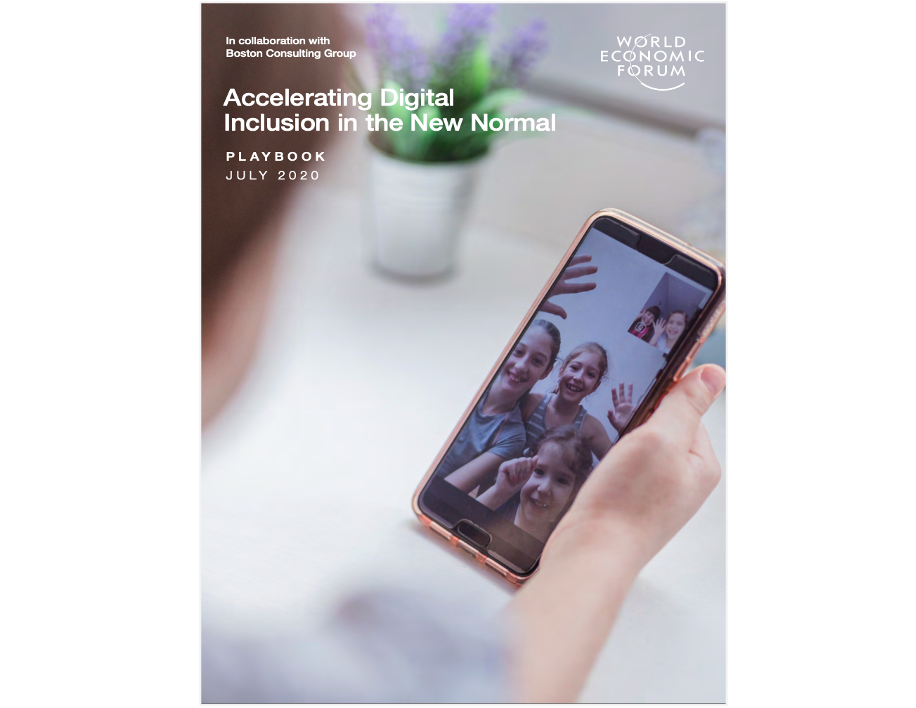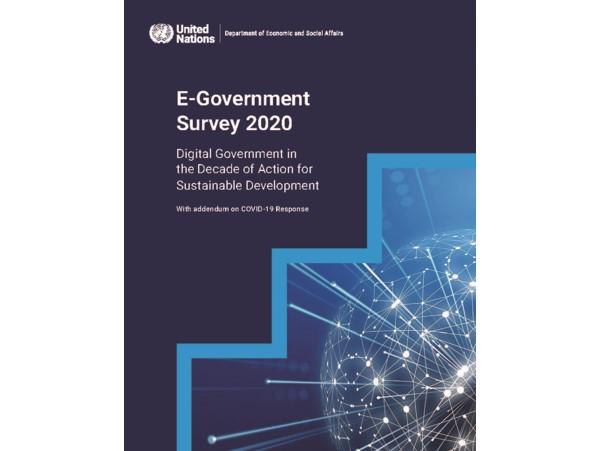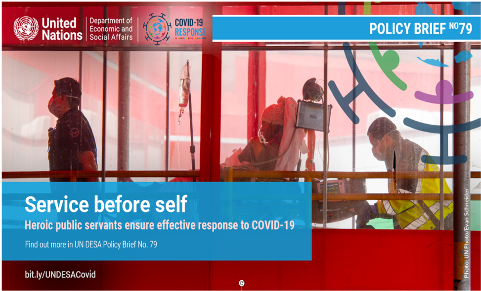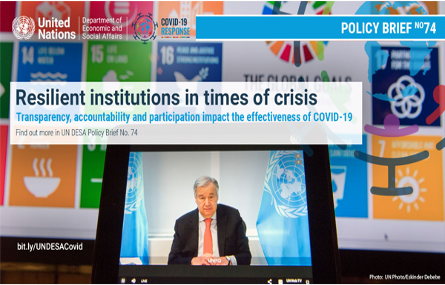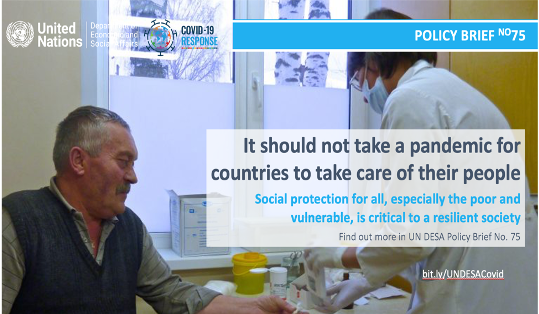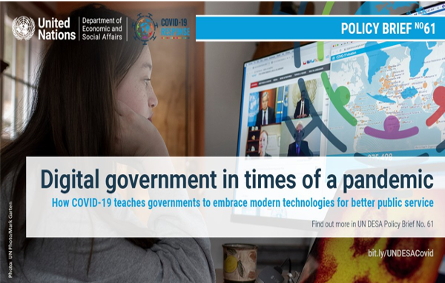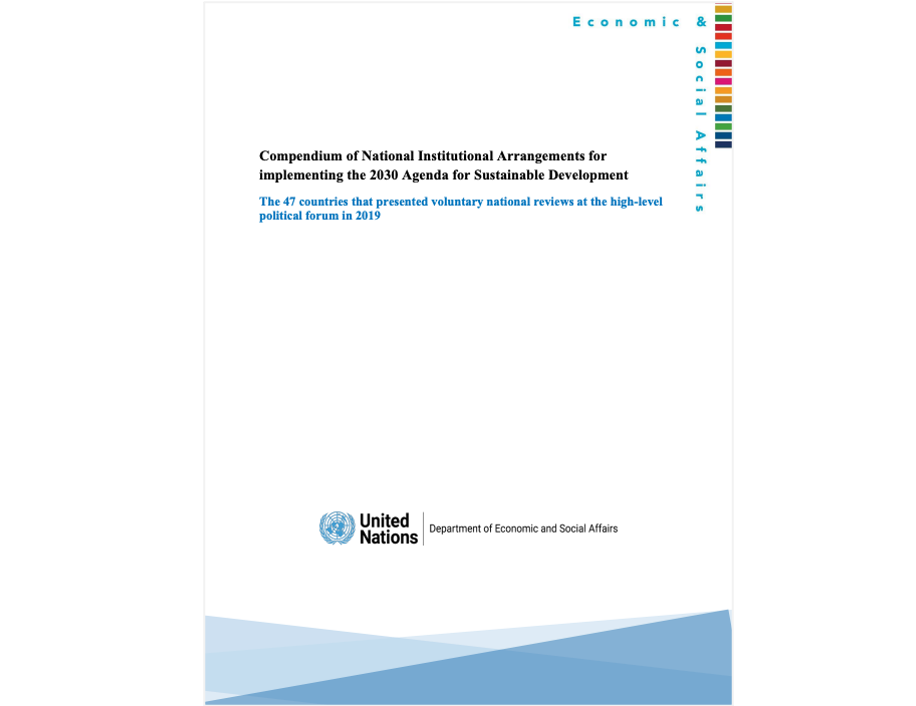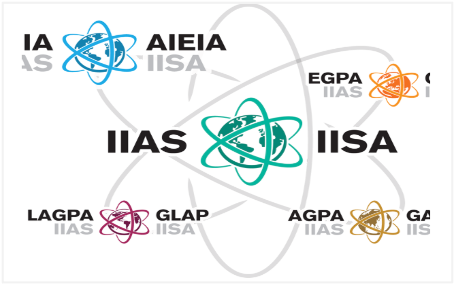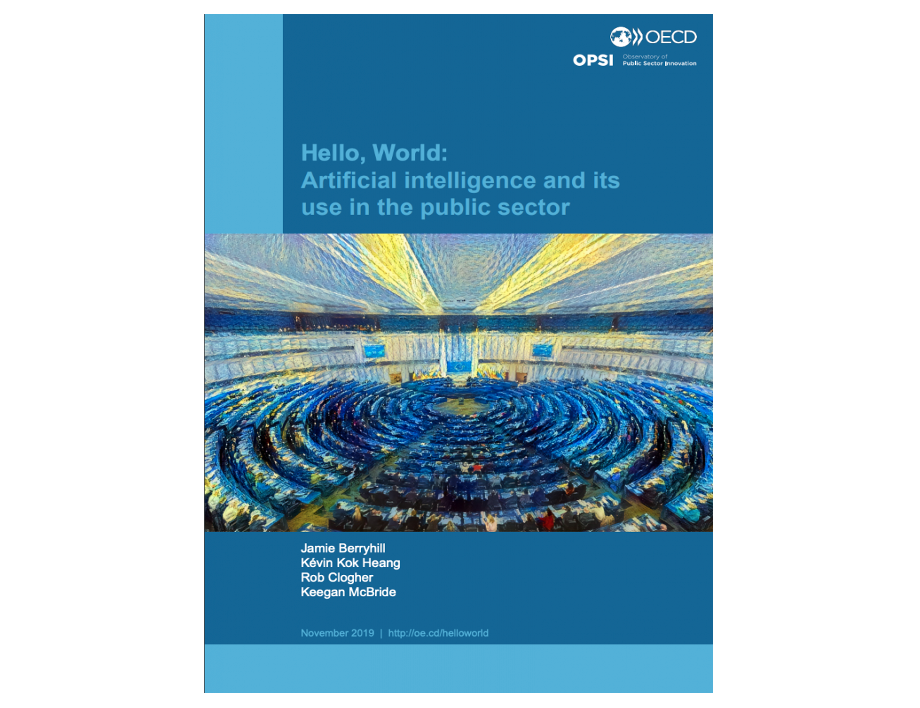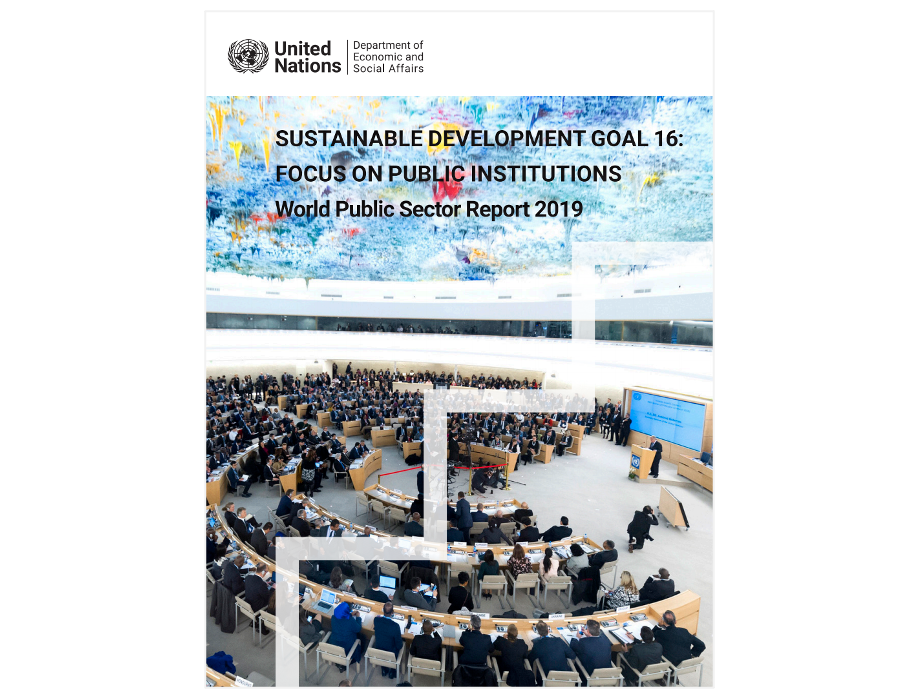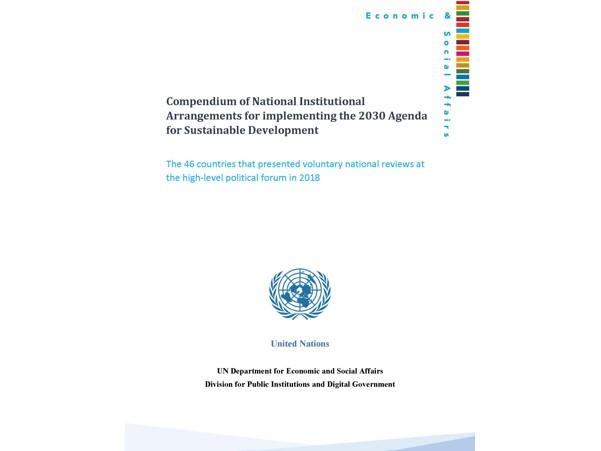Resources
Displaying 49 - 60 of 117
Accelerating Digital Inclusion in the New Normal
| English | Digital Government | Global | Publication | WEF
COVID-19 has highlighted how critical digital connectivity is to governments, businesses, and society, and has brought a newfound sense of urgency to the digital inclusion agenda. While the crisis has enabled hundreds of millions to participate online, it has also exacerbated the digital divide for 47% of the world’s population that remains unconnected. The post-COVID world will be more digital – requiring more connectivity, digital skills, and…
United Nations E-Government Survey 2020
| Arabic | Chinese | English | Russian | Spanish | Digital Government | Global | Publication | UN DESA/DPIDG
The year 2020 witnessed a transformational change in global development as the United Nations Secretary-General António Guterres called on Member States and other stakeholders to “kickstart a decade of delivery and action for people and planet”, given the short time left to achieve the 2030 Agenda for Sustainable Development.By surveying and studying broad patterns of digital government around the world, the United Nations E-Government Survey…
The Role of Public Service and Public Servants during the COVID-19 Pandemic
| English | Innovation and Service Delivery | Global | Policy Brief | UN DESA/DPIDG
Key messages:
1. Comprehensive public service capacity development: Governments must pay attention to developing the capacities of the public service and public servants; be it in their numbers, their competences, values, the protective gear they need, the incentives for their productivity, the tools and facilities as well as the technology they require to effectively do their jobs. Governments must invest in having very well-functioning…
Resilient Institutions in Times of Crisis: Transparency, Accountability and Participation at the National Level Key to Effective Response to COVID-19
| English | Participation and Accountability | Global | Policy Brief | UN DESA/DPIDG
National institutions are strongly impacted by the coronavirus (COVID-19). The pandemic has disrupted to varying extents the regular functioning of state institutions, such as parliaments and justice systems, and affected key government functions and processes, undermining the effectiveness of government action. The need to respond quickly and with drastic measures has also created additional risks for institutional processes and organisations.…
COVID-19: Reaffirming State-People Governance Relationships
| English | Governance and Public Institutions | Global | Policy Brief | UN DESA/DPIDG
The emergence and spread of the coronavirus in late 2019 and the impact of its disease, COVID-19, which has been categorized by the World Health Organization as a global pandemic, is, at the time of writing, ongoing.
Efforts by governments to try to control the pandemic’s spread while managing its wide-ranging impacts demonstrate the critical role of the relationship between state and people in shaping and determining government responses,…
COVID-19: Embracing Digital Government During the Pandemic and Beyond
| English | Digital Government | Global | Policy Brief | UN DESA/DPIDG
The COVID-19 pandemic is forcing governments and societies to turn toward digital technologies to respond to the crisis in the short-term, resolve socio-economic repercussions in the mid-term and reinvent existing policies and tools in the long-term. Navigating through these challenging times requires governments to adopt an open government approach and to use digital communication channels to provide reliable information on global and national…
Compendium of National Institutional Arrangements for Implementing the 2030 Agenda for Sustainable Development
| Governance and Public Institutions | Global | Publication | UN DESA/DPIDG
In the four years since the 2030 Agenda for Sustainable Development came into effect, countries across the world have made significant efforts to establish the institutional arrangements necessary for the successful implementation of the sustainable development goals (SDGs). This compendium aims to document these institutional arrangements in a simple and standardized way, with a view to facilitating exchanges on institutional practices and…
IIAS Governance Week 2020
| English | Governance and Public Institutions | Global | Event | IIAS
The International Institute of Administrative Sciences (IIAS-IISA) Group is a learned society active in the field of public administration. Its vision is to be a key player in setting the governance agenda worldwide. To realize this vision, the IIAS fulfils four missions:
Maintain the network through high impact events targeting public service and academe,
Produce and disseminate relevant public governance knowledge,
Enable projects and…
4th WeGO Awards
| English | Local Governance | Global | Award Programme | WeGO
The 4th WeGO Awards is a triennal competition that recognises and promotes local governments with exemplary projects and solutions that use ICT to help improve the quality of life of citizens.
Eligibility
All local governments, smart tech solution providers, and public organisations around the world, both members and non-members of WeGO, are eligible to apply. Smart tech solution providers and public organisations are also eligible to apply…
Hello, World: Artificial Intelligence and Its Use in the Public Sector
| English | Digital Government | Global | Publication | CIIIAP
The primer is the result of 10 months of research and analysis focused specifically on the use and implications of AI in government. It has benefited from the input of dozens of experts and stakeholders, including through a seven-week public consultation, which received about 1,500 comments from over 75 individuals or organisations, including governments, academics, AI experts, businesses, and civil society organisations. OPSI made many…
World Public Sector Report 2019 - Sustainable Development Goal 16: Focus on Public Institutions
| English | Governance and Public Institutions | Global | Publication | UN DESA/DPIDG
The 2030 Agenda and the Sustainable Development Goals (SDGs) prominently feature institutions, both as a cross-cutting issue in many of the goals and as a standalone goal (SDG 16). The World Public Sector Report 2019 looks at national-level developments in relation to several concepts highlighted in the targets of Goal 16, which are viewed as institutional principles: access to information, transparency, accountability, anti-corruption,…
Compendium of National Institutional Arrangements for implementing the 2030 Agenda for Sustainable Development: 2019 Update
| English | Governance and Public Institutions | Global | Publication | UN DESA/DPIDG
Since the adoption of the 2030 Agenda for Sustainable Development in 2015, countries have continuously updated institutional arrangements in order to enable government institutions and other stakeholders to deliver the objectives encapsulated in the Agenda.
This compendium, prepared by the Division for Public Institutions and Digital Government (DPIDG) of the United Nations Department of Economic and Social Affairs, aims to document…
 Welcome to the United Nations
Welcome to the United Nations

